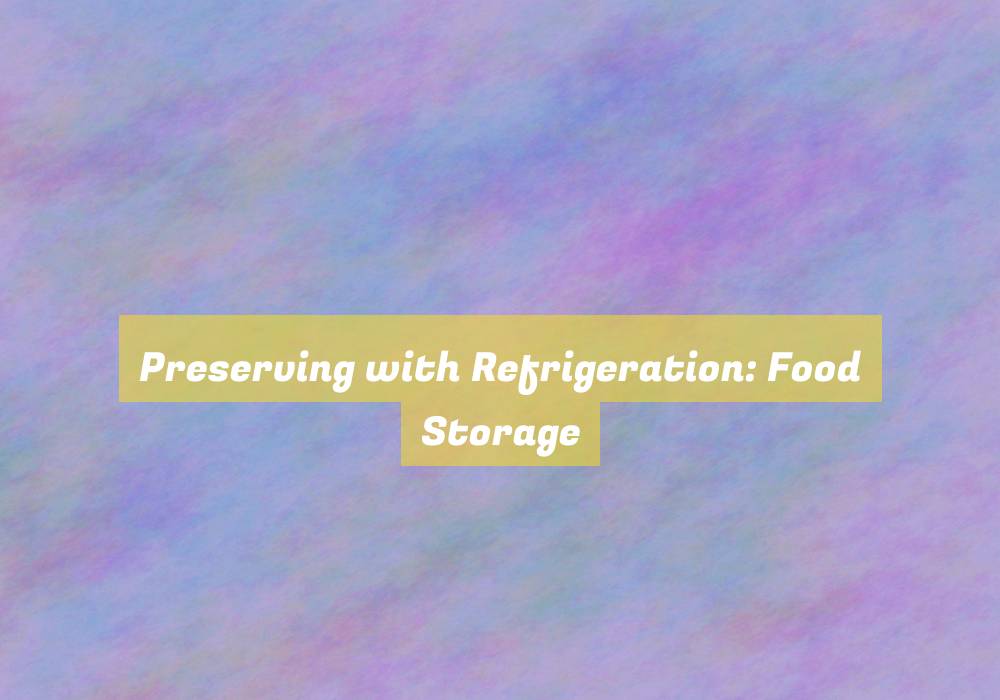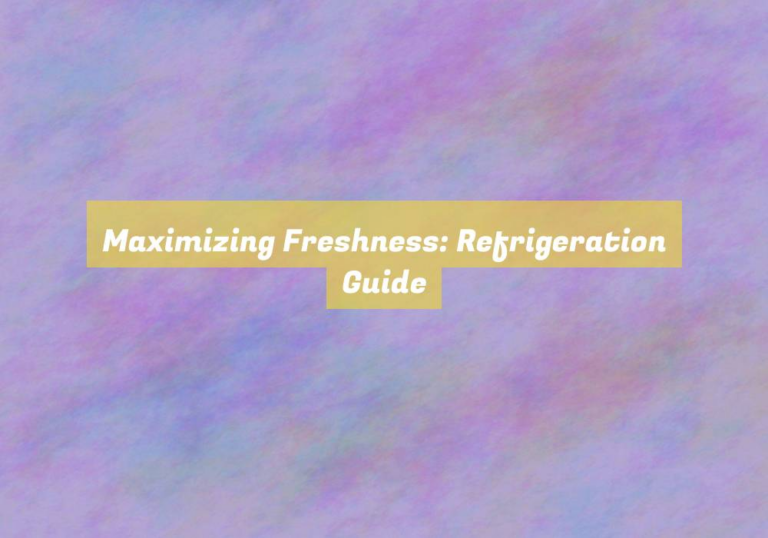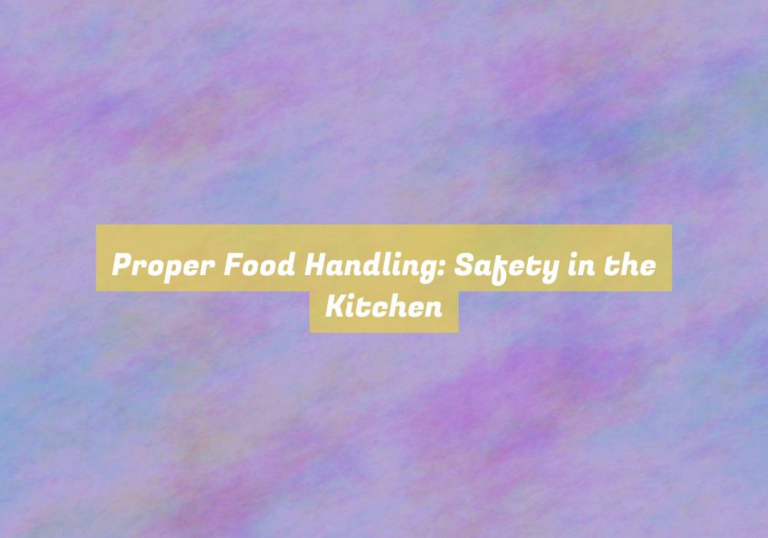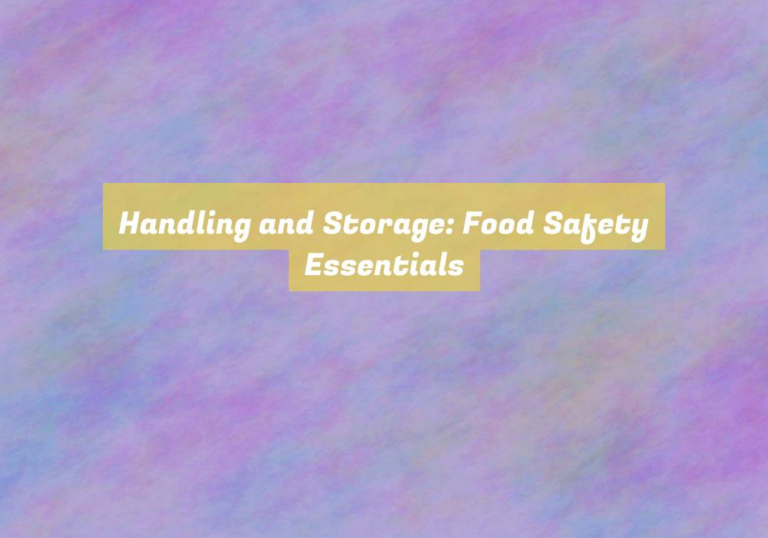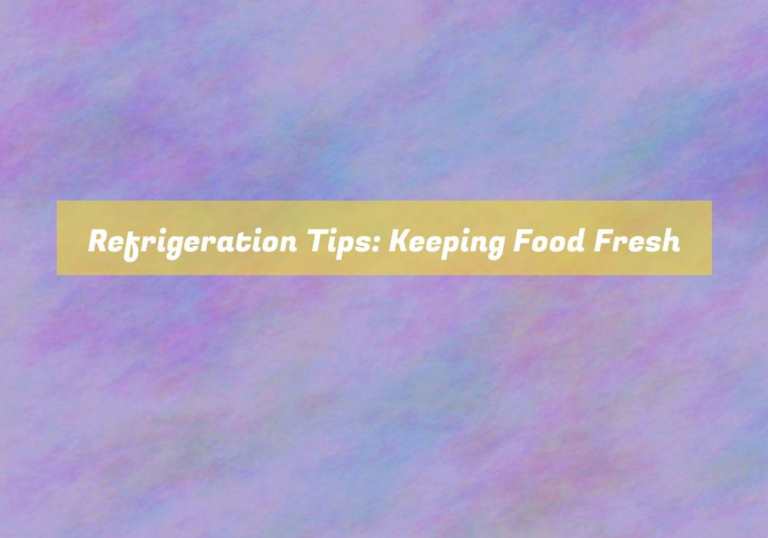Preserving with Refrigeration: Food Storage
LetG??s talk about the art of preserving with refrigerationG??an essential aspect of ensuring food safety and longevity.
You might not realize the impact of proper food storage, but it plays a significant role in maintaining the quality and freshness of your groceries.
From understanding how to store fruits and vegetables to maximizing the shelf life of dairy products and preserving leftovers, there are numerous tips and tricks to explore.
But have you ever wondered if youG??re truly getting the most out of your refrigerator?
Importance of Proper Refrigeration
Proper refrigeration is essential for preserving the quality and safety of your food. When perishable items are stored at temperatures above 40-?F (4-?C), bacteria can multiply rapidly, leading to foodborne illnesses. By keeping your refrigerator at the recommended temperature of 35-38-?F (1.6-3.3-?C), you can slow down the growth of bacteria and extend the shelf life of your food.
Additionally, proper refrigeration helps retain the nutritional value, flavor, and texture of your groceries. When food is stored at the right temperature, it maintains its freshness and minimizes waste.
ItG??s crucial to store different types of food in designated areas within the refrigerator. Raw meat, poultry, and seafood should be stored on the bottom shelf to prevent cross-contamination with ready-to-eat items. Leftovers and dairy products should be kept on upper shelves, while fruits and vegetables belong in the crisper drawers. By organizing your refrigerator in this manner, you can reduce the risk of foodborne illnesses and ensure that your food stays fresh for as long as possible.
Proper refrigeration isnG??t just about keeping your food cold; itG??s about safeguarding your health and optimizing the longevity of your groceries.
Storing Fruits and Vegetables
To maintain the freshness of your fruits and vegetables, store them in the crisper drawers of your refrigerator. The crisper drawers are designed to help regulate the humidity levels, keeping your produce in optimal condition for a longer period.
When storing fruits and vegetables, itG??s important to keep certain items separate. Some fruits release ethylene gas, which can cause vegetables to ripen and spoil more quickly. Therefore, itG??s best to store fruits and vegetables in separate drawers to prevent premature spoilage.
Additionally, itG??s essential to remove any ties, rubber bands, or packaging from your produce before placing them in the crisper drawers. Air circulation is crucial for maintaining freshness, and these items can hinder proper airflow.
Make sure to inspect your fruits and vegetables regularly and remove any items that show signs of spoilage to prevent the spread of mold or bacteria to the rest of your produce.
Remember to wash your fruits and vegetables before storing them, as this can help remove any dirt or residue that may cause them to spoil faster.
Maximizing Dairy Product Shelf Life
When storing dairy products in the refrigerator, remember to check the expiration dates regularly to ensure freshness. This simple step can help you avoid consuming spoiled dairy and maximize the shelf life of your products.
Additionally, itG??s essential to keep your dairy items in the coldest part of the refrigerator, typically toward the back of the shelves. This helps maintain a consistently cold temperature, preventing premature spoilage.
Another important tip is to keep dairy products in their original packaging or in airtight containers to minimize exposure to air and odors, which can accelerate deterioration. For items like cheese, consider wrapping them in wax paper before placing them in a resealable plastic bag to maintain their quality.
Furthermore, always use clean utensils when handling dairy to prevent contamination. Lastly, be mindful of cross-contamination by storing dairy away from raw meats and other potentially harmful foods.
Preserving Leftovers
Consider placing your leftovers in airtight containers to maintain freshness and prevent spoilage. When storing leftovers in the refrigerator, itG??s essential to package them properly to ensure their quality and safety. Airtight containers help prevent the absorption of odors from other foods and reduce the risk of cross-contamination. Additionally, they help maintain the moisture content of the food, preventing it from drying out and losing its flavor. Labeling the containers with the date will help you keep track of how long the leftovers have been stored.
To maximize the shelf life of your leftovers, itG??s important to cool them down quickly before placing them in the refrigerator. Divide large portions into smaller ones to speed up the cooling process. Once the leftovers are in the airtight containers, make sure to place them in the refrigerator within two hours of cooking. When reheating the leftovers, ensure they reach a safe internal temperature to kill any bacteria that may have developed during storage.
Conclusion
So, remember to always keep your refrigerator at the proper temperature.
Store your fruits, vegetables, dairy products, and leftovers correctly to ensure their freshness and safety.
By following these simple guidelines, you can minimize food waste and keep your meals tasty and nutritious.
Happy refrigerating!

